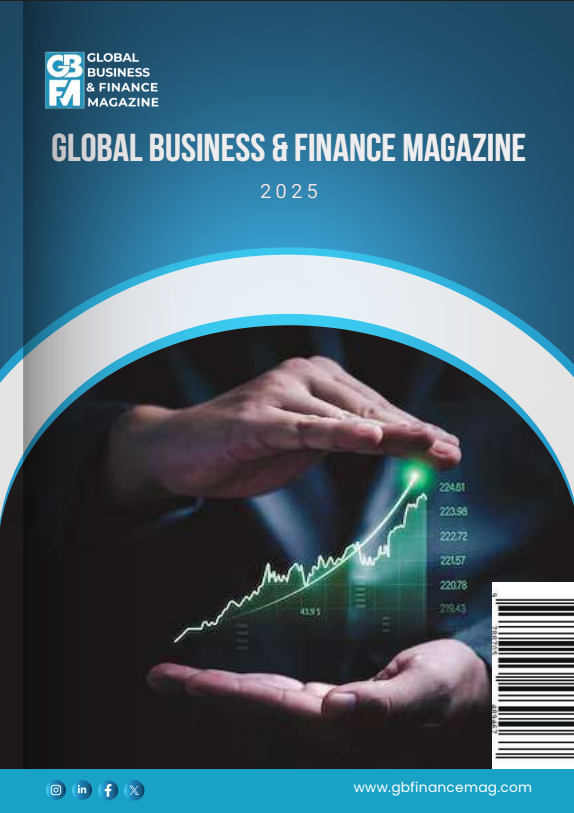How firms navigate parental leave: Evidence from Austria
Faced with declining fertility rates and persistent gender gaps, governments have expanded policies to support working families. But sudden increases in allowable parental leave can impose wage costs on firms and negatively affect firm survival. This column examines how Austrian firms responded to a parental leave reform for which they could plan. Whether mothers could […]












